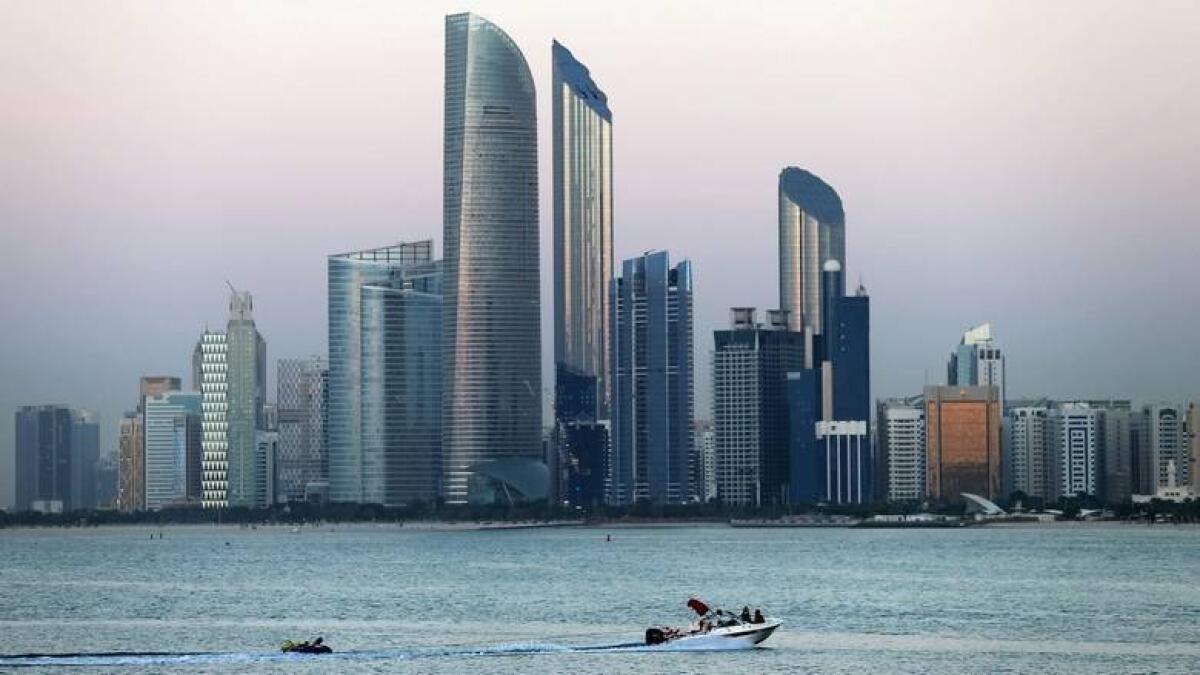The GCC debt capital market (DCM) is on the rise, with forecasts predicting that it will reach $1 trillion outstanding by 2025. The UAE is expected to cross $300 billion in DCM in the coming years. According to Fitch Ratings, the region’s DCM saw a 7.0 per cent increase to $940 billion by the end of Q1 2024, with growth expected to be slower in the remaining quarters of the year. Factors such as potentially lower oil prices, high interest rates, and initiatives to develop the debt capital markets are driving this growth.
Most GCC countries have made progress in developing their DCMs, with the bloc now accounting for almost a third of total emerging-market dollar issuance, excluding China. However, the GCC debt capital markets are in different stages of maturity and less established compared to more developed regions. More diverse issuer and investor participation is necessary to support further development in this area. Saudi Arabia currently holds the largest debt capital market share in the GCC at 43 per cent, followed by the UAE at 30 per cent.
In the UAE, the size of the DCM rose by 10 per cent year on year to $270 billion outstanding at the end of 2023. The UAE’s sukuk issuers have stable credit profiles, with most sukuk being investment-grade and on a stable outlook. The UAE DCM is expected to continue growing due to capital market developments and funding diversification. Risks for DCM growth include rising rates and oil prices, as well as challenges related to sharia standards adoption for sukuk. The share of sukuk and dirham issuances in the UAE’s DCM mix is projected to increase, driven by government initiatives and strong investor demand.
Fitch expects the UAE’s consolidated debt to remain stable from 2023 to 2025, below the ‘AA’ category median. The federal government in the UAE has started issuing dirham T-bonds, with only T-sukuk being issued in dirham after 2Q23. Sukuk issuance in all currencies expanded significantly in 2023, while bond issuance rose at a slower pace. Among US dollar DCM issuances, sukuk had a substantial share, indicating the growing popularity of sukuk in the region. The central bank is expected to continue adjusting interest rates in line with the US Federal Reserve.
Overall, the GCC debt capital markets are on a growth trajectory, with the UAE playing a significant role in this expansion. By continuing to develop their DCMs, diversifying funding sources, and attracting a wider range of investors and issuers, the region can further strengthen its position in the global debt capital market landscape. With stable credit profiles and a supportive regulatory environment, the UAE is well-positioned to capitalize on this growth and drive continued development in its debt capital markets.





















